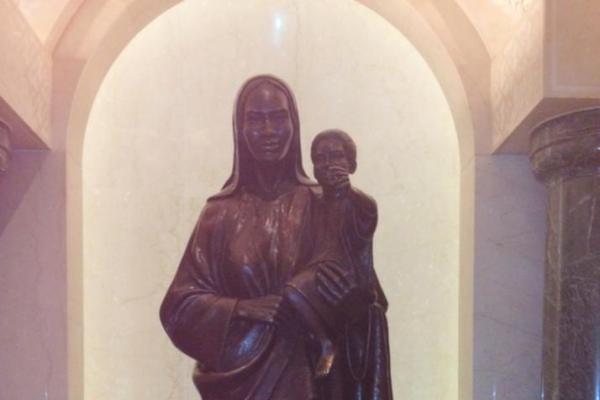Are Black people mentioned in the Bible? Absolutely. The Bible is a multicultural book. This statement may sound controversial but archeology, history, and the text prove it to be true. It may be difficult to see the black presence in the Bible because you won’t read the terms black or African but you will read the terms Ethiopians, Cushites, Egyptians, and other tribal terms. The Roman Catacombs show biblical scenes painted by first- and second-century persecuted Christians, and their paintings clearly show people of color. What would Roman Christians gain from painting these characters black? What did these early Christians know and accept that seems unbelievable today? It appears that our faith has been distorted. One of the effects of racism is the whitewashing of history and sadly this has taken place even in our biblical studies.
Read the Full Article

